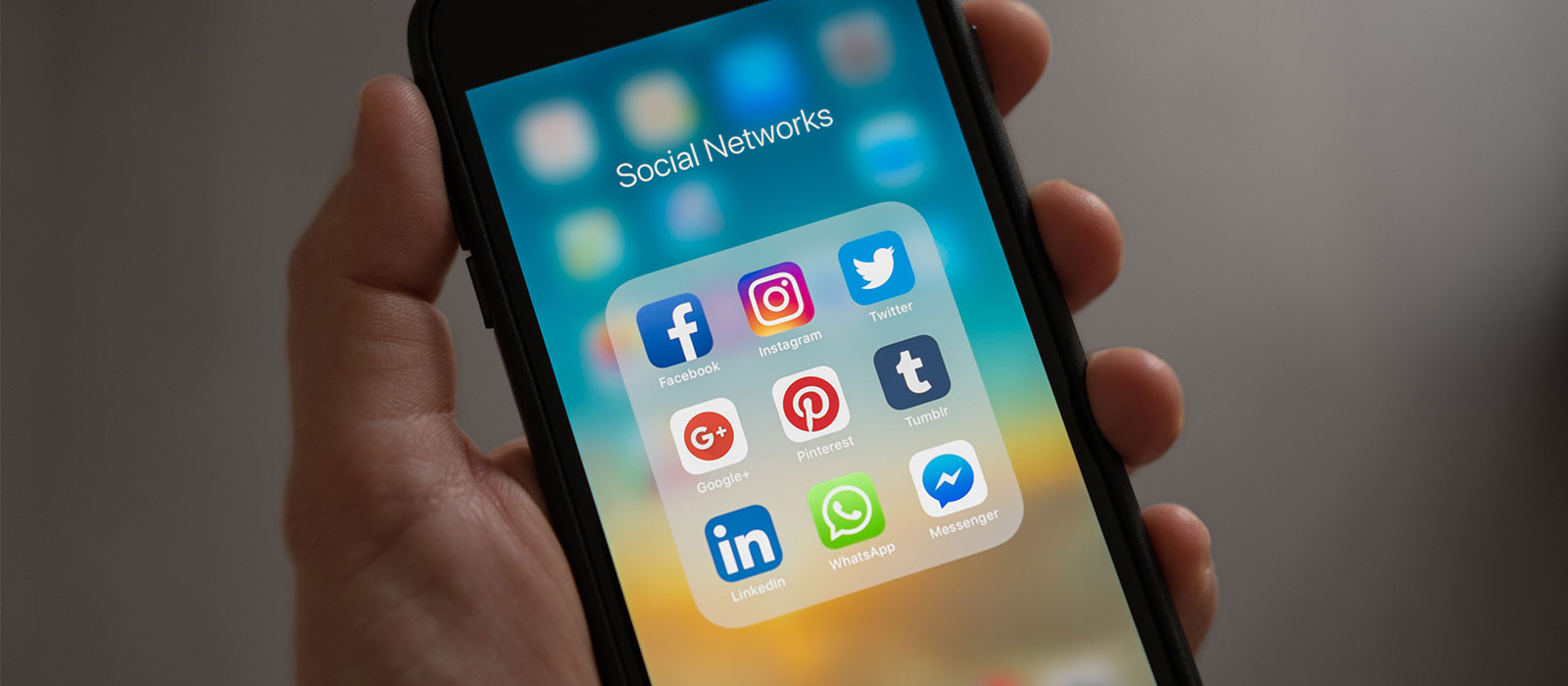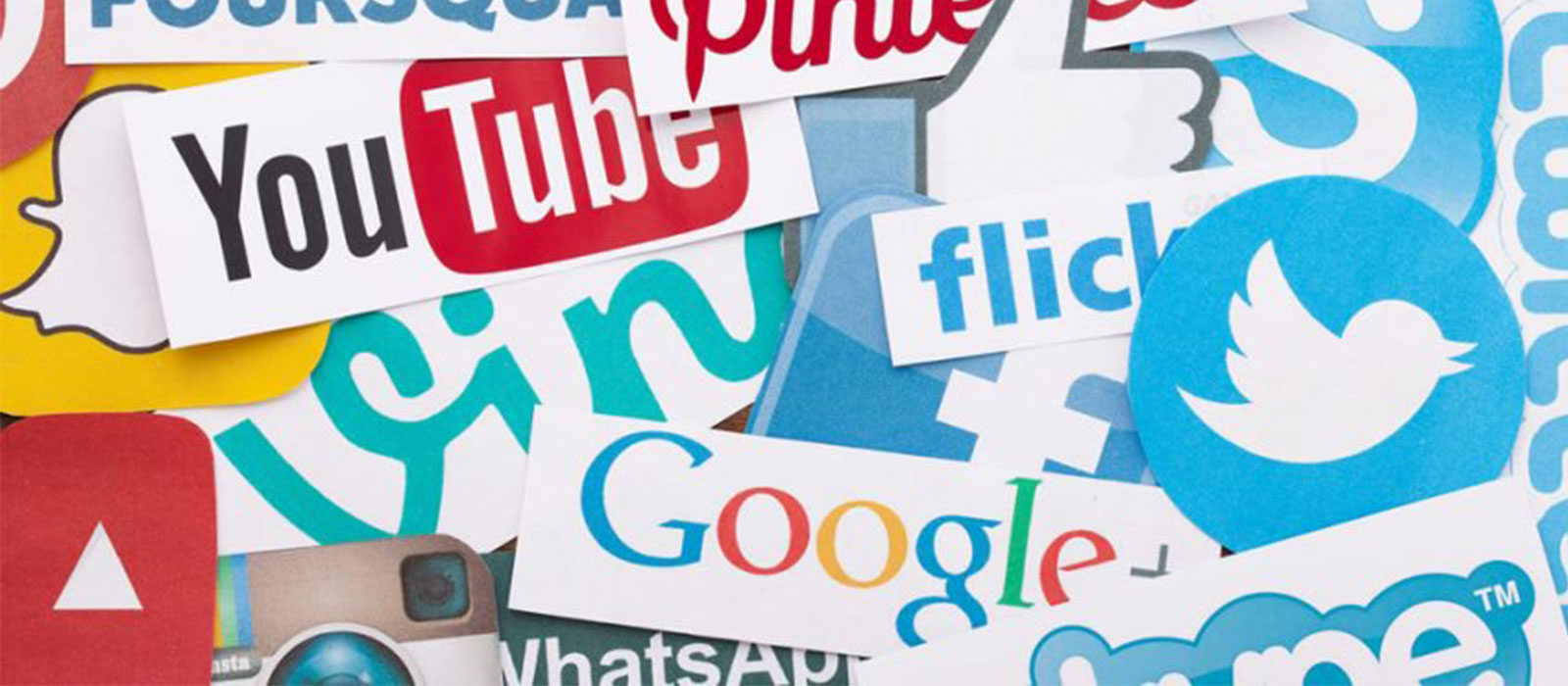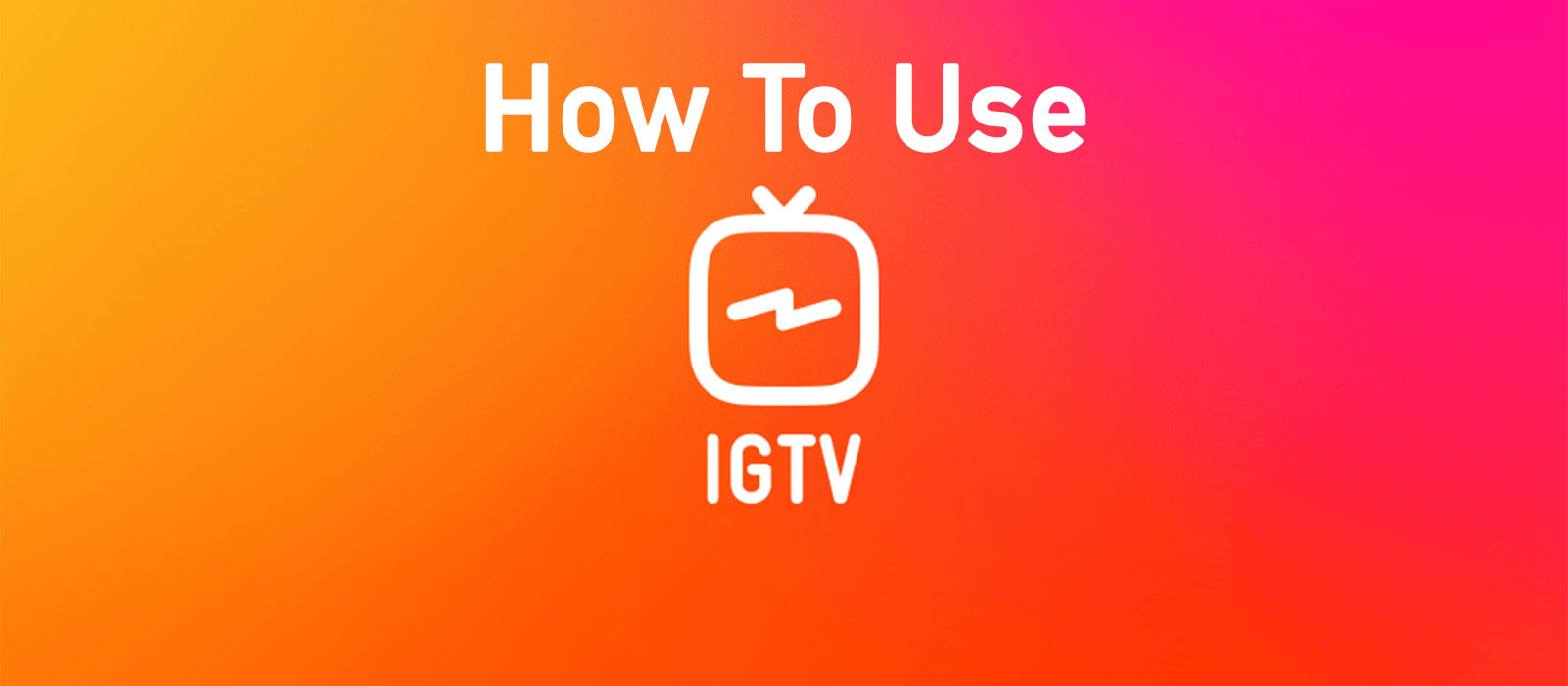Smart Phones, Social Media, and You
We are living in 2018 and it is obvious that technology has become a huge aspect of our everyday lives.
The simplistic design of smartphones, apps, and social media has made them a key component in our day to day routine, from staying in contact with friends and family, keeping up to date with the news and current affairs, to providing us with travel information and apps to plan our journeys for us. We are dependent on them.
Mark Zuckerberg, the creator of Facebook, said in the 2018 Facebook conference that Facebook prioritises its users, and his original intention was to make the world a better place by connecting people, despite the controversy that has arisen and been in the media recently about Facebook.
In a lot of ways he has achieved his goal. As of July 2018, Facebook has over 2,196 million active users, according to statist. Facebook really does bring us closer to people from all over the world and provides a platform for social injustices and issues to be heard.
Through Facebook and other social media sites, posts can go viral. This was the case with Elin Ersson, a 23 year old Swedish university student.
On the 24th July, she started a live stream video on her personal Facebook page in an attempt to stop a man being deported back to Afghanistan.
Elin knew that the man was likely to be killed if he were to go back to Afghanistan due to the ongoing war in the country. She desperately wanted to do all that she could to save his life and encouraged her fellow passengers to do the same by simply standing up.
After initially receiving backlash from other passengers and flight attendants, she was eventually supported and succeeded in her efforts. The video she started live on her personal Facebook page has been viewed over 108 thousand times and has been copied and used on other platforms as well, including YouTube and multiple news organisations sites.
The video went viral within 24 hours of her posting it to her Facebook page and goes to show just how powerful social media and our smartphones can be.
Without her live streaming the event and the video going viral online, there would not be any attention on the issue of Afghanistan citizens being deported from Sweden.
News is a constant in modern society. It doesn’t stop, and because of this certain stories and events go unreported, or swept away by the tidal wave of new stories appearing every day. However, Elin was able to change that narrative about the on-going war issues in Afghanistan by starting this video.
Although, there is the other side of the coin.
Multiple studies show that our smartphones – and social media in particular – are actually addictive, and some say that they were designed specifically to be this way.
From the colours they use to the noises they make when you press a button, our brain responds to what we see the same way it does when we take a drug. Because of this, it can have a detrimental effect on your life and mental health.
By constantly searching for validation from people online through likes, shares, and comments we feel lost, depressed and not good enough when we don’t receive this validation. According to a study conducted by the Happiness Research Institute in 2015 people on Facebook are 55% more likely to feel stressed than those who don’t use it, and Facebook users are 39% more likely to feel less happy than others who don’t use the site.
Whether or not the designers of these smartphones and apps knew that this is how we would be affected or not is irrelevant, the information and research is now out there and available to anyone who wishes to read it.
This effect is in particular very dangerous to the younger generation, and staying informed on the effects of spending too much time on our smartphones and social media apps can have a big, positive impact, and taking steps to reduce the amount of time spent on our phones is just one way in which we can improve and reduce these effects.
Regardless of what the studies show and how addictive social media and smartphones can be, there is no denying how useful they are in our lives, and how they have improved connections between people.






